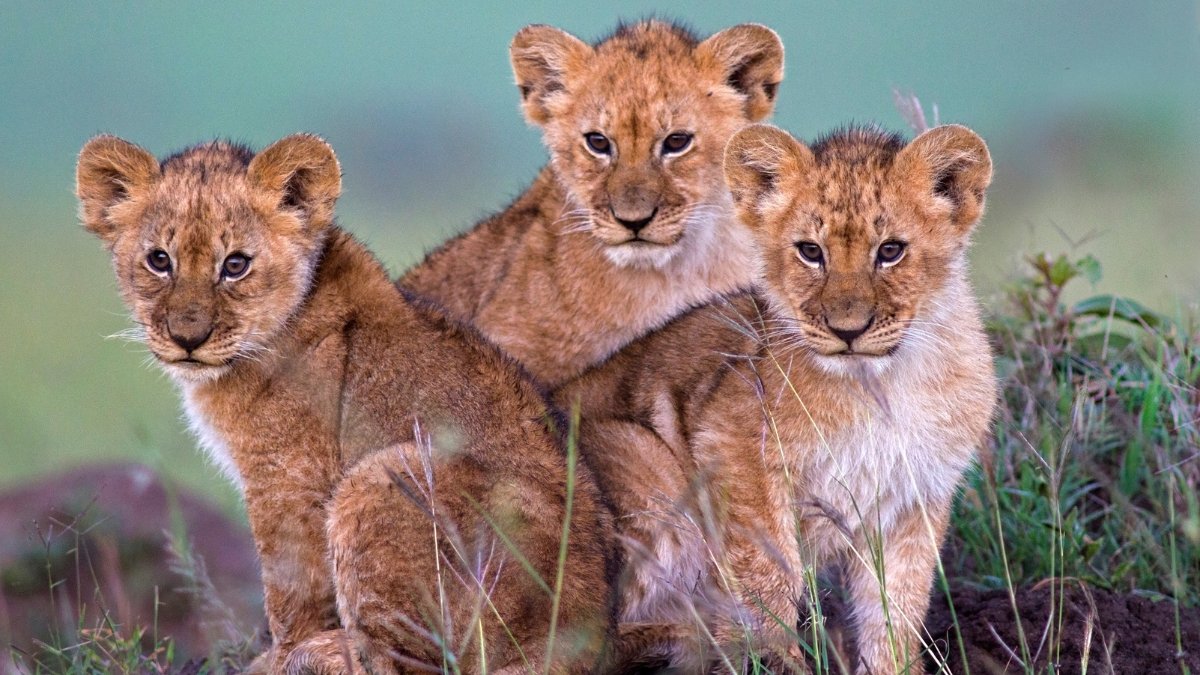Madhya Pradesh, India: In a heartening development for wildlife enthusiasts and conservationists alike, a Namibian cheetah named Jwala at Kuno National Park in Madhya Pradesh, India, has given birth to three cubs. This joyous event follows closely on the heels of another Namibian cheetah, Aasha, who welcomed three cubs just weeks ago.
Union Environment Minister Bhupender Yadav shared the delightful news on X, expressing his excitement about the growing cheetah population at Kuno National Park. In a social media post X (Foremly Twitter), he said, “Kuno’s new cubs! Namibian Cheetah named Jwala has given birth to three cubs. This comes just weeks after Namibian Cheetah Aasha gave birth to her cubs.” He extended congratulations to all wildlife frontline warriors and wildlife enthusiasts, wishing for the thriving of Bharat’s wildlife.
The recent birth of Jwala’s cubs adds to the success story of ‘Project Cheetah,’ a conservation initiative spearheaded by Prime Minister Narendra Modi. The project aims to reintroduce cheetahs, the only large carnivore species extinct in independent India, back into their natural habitat.
Earlier, on January 3, Kuno National Park officials had reported the birth of three cubs to Namibian cheetah Aasha, marking a significant milestone in the ongoing conservation efforts. Both Jwala and Aasha are part of the cheetahs translocated from Namibia to India as part of ‘Project Cheetah.’
Jwala, whose Namibian name is Siyaya, had previously given birth to four cubs in March, although regrettably only one of them survived. The resilience and successful breeding of the cheetahs in Kuno National Park are encouraging signs for the ambitious conservation project.
The cheetah translocation initiative began in September 2022 with the introduction of the first batch of eight cheetahs. Subsequently, a second batch of 12 cheetahs was flown in from South Africa in February, further enhancing the genetic diversity of the population.
As the Namibian cheetahs continue to thrive in their new home, the conservation community and wildlife enthusiasts eagerly await more positive developments in the journey to reestablish a sustainable and flourishing population of cheetahs in India. The successful breeding of Jwala’s cubs represents a significant stride towards achieving the goals of ‘Project Cheetah.’


